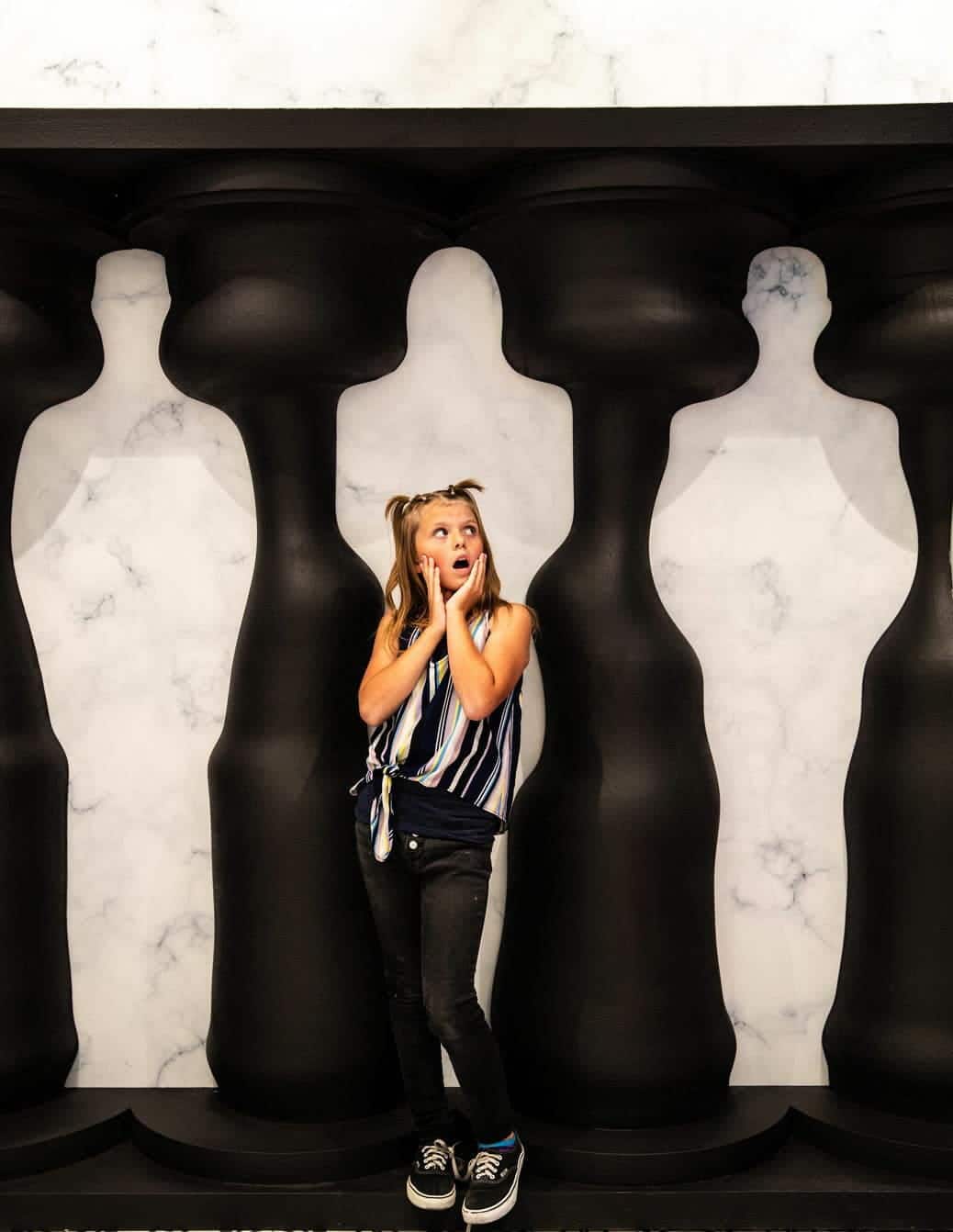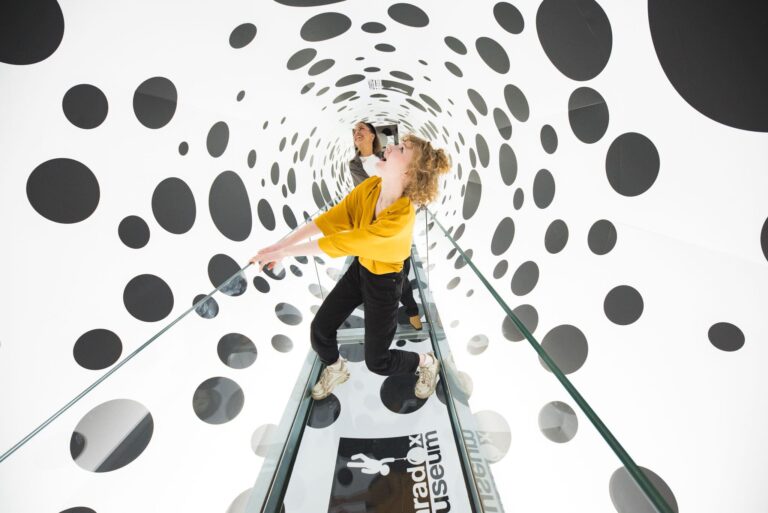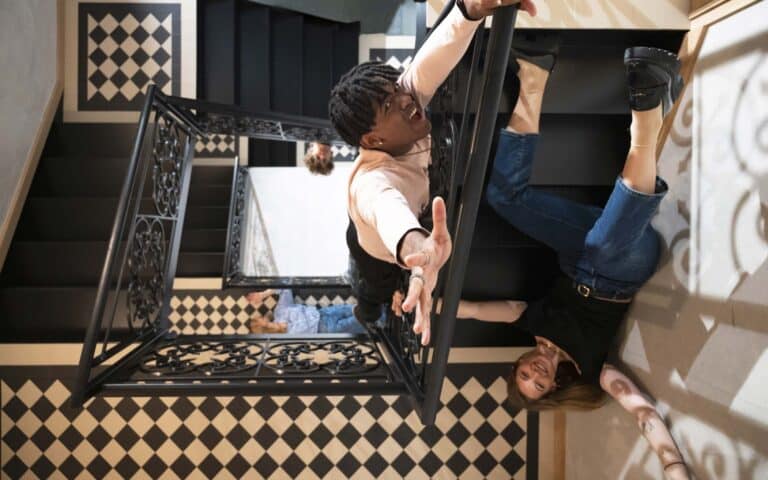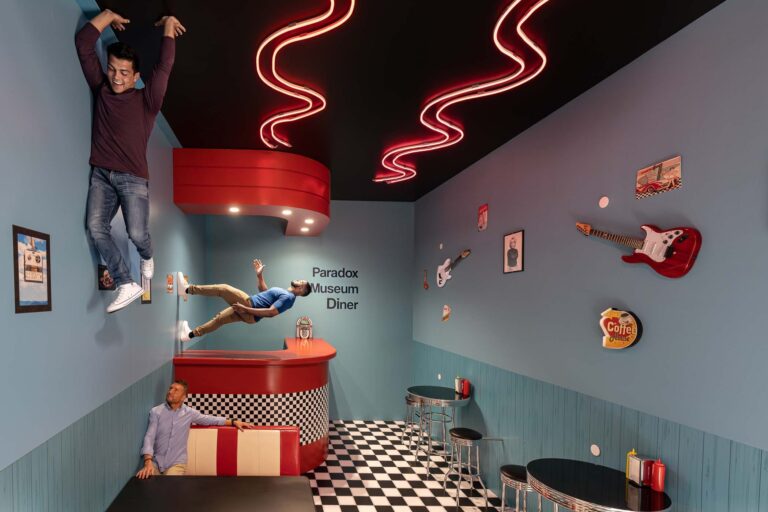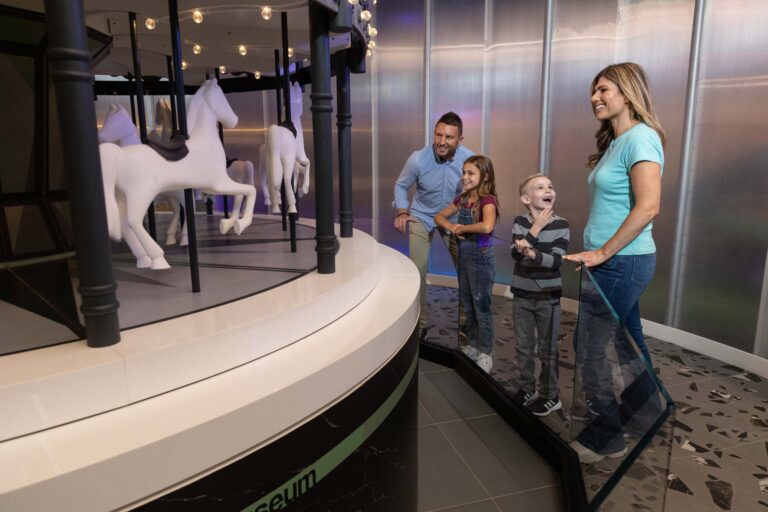Why Are Field Trips Important? A Look Inside Our Museum Experience
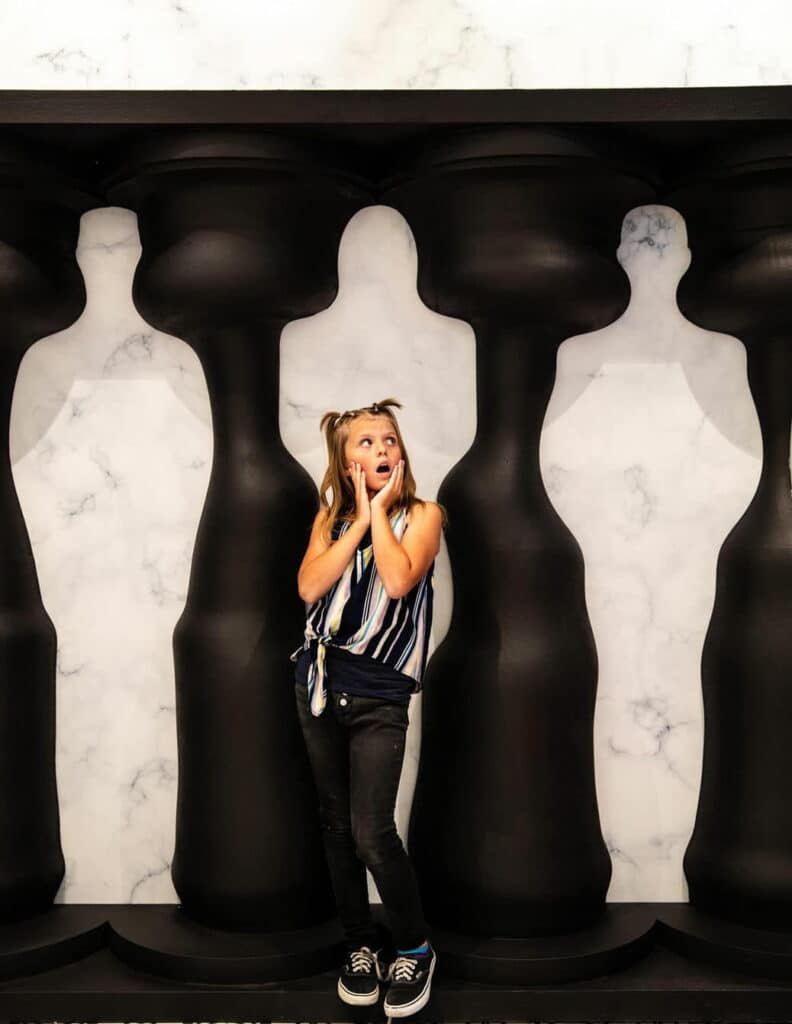
Field trips are a valuable part of the educational experience, but why are field trips so important for students? They provide students with opportunities for real-world learning experiences. Field trips also provide opportunities to learn in diverse environments and develop skills beyond the classroom.
Let’s explore some of the many benefits of field trips, and how to incorporate a school field trip to the Paradox Museum into your curriculum.
What Makes Field Trips Valuable For Students Of Different Ages? What Unique Benefits Do Museum Field Trips Provide Compared To Other Outings?
Other types of outings include sports competitions and volunteer work. While all outings offer benefits, the reasons why field trips are important include providing hands-on learning experiences and opportunities to develop skills outside the classroom, and fostering a love of learning.
Field trips promote good academic outcomes. Students are more likely to graduate from high school and college if they go on field trips.
How Do Field Trips Support Classroom Learning With Hands-On Experiences?
Hands-on learning offers multiple benefits, including the following:
- Better critical thinking skills
- Good problem-solving skills
- Improved retention
- Strong teamwork skills
Hands-on learning also inspires creativity. Hands-on experiences increase students’ understanding and enhance their learning process, making it easier for them to recall what they’ve learned. The reason hands-on learning effectively supports classroom instruction is that it provides students with tangible learning experiences, rather than relying on abstract concepts.
In What Ways Do Field Trips Encourage Teamwork, Communication, And Social Skills?
School field trips involve partnering with classmates and providing students with opportunities to share their experiences, promoting positive communication and social interactions that help students to get to know each other. Field trips also offer students the opportunity to work together as a team, encouraging them to learn how to collaborate and achieve positive outcomes.
How Do Field Trips Help Build Lasting Memories And A Love For Learning Outside The Classroom?
Field trips inspire students, helping them choose career paths. Learning through first-hand, real-world experience has also inspired students to become teachers themselves, so they can pass that experience on to the next generation.
How Does Visiting The Paradox Museum Spark Curiosity, Creativity, And Problem-Solving?
The Paradox Museum delivers a fun and educational experience for all ages. It’s one of the best museums for field trips because the reality-defying exhibits inspire creative problem-solving as students try to figure out why the impossible now seems possible.
The Paradox Museum’s one-of-a-kind, mind-bending exhibits also provide students with an inspiring and unforgettable experience they’ll be thinking about for years to come.
How Can Teachers Integrate The Museum Experience Into Their Lesson Plans Before And After The Trip?
Can we always trust our senses? The Paradox Museum is the perfect destination for a field trip when learning about sensory input and how the brain processes information. Have your students vote on whether they can rely on what they see to be accurate. After the field trip, ask if any students want to change their votes. You can supplement the hands-on experience at Paradox Museum by talking about magic shows and how they rely on illusions to appear to achieve the impossible.
For older students taking civics classes, this is a great way to talk about why eyewitness testimony can be unreliable in court.
What Makes The Paradox Museum A Memorable And Educational Destination For Schools?
The Paradox Museum is memorable because our one-of-a-kind exhibits defy the laws of nature, giving students a first-hand opportunity to experience the impossible. The Paradox Museum is also educational because we pique students’ curiosity, making them more interested in learning about the laws of nature, and how our brains can be tricked by sensory input.
How Do Immersive Exhibits Help Students To Connect Concepts From Science, Art, and Math To Real-World Experiences?
Immersive experiences provide students with the opportunity to modify exhibits and process the outcomes in real-time. Testing the outcomes of various alterations helps students learn about many concepts, including the following:
- Art concepts, such as:
- Perspective
- Shape
- Mathematical concepts, such as:
- Algebra
- Constants
- Probability
- Science concepts, such as:
- Expiricism
- Replicability
What Practical Details Should Schools And Teachers Know When Planning A Field Trip To The Paradox Museum?
Essential information schools and teachers should have when planning a field trip to Paradox Museum includes the following:
- Cost: Paradox Museum offers group rates. Contact us to learn about the costs of field trips.
- Duration: Field trip experiences last up to 90 minutes.
- Location: Paradox Museum’s address is 3767 Las Vegas Boulevard S, Las Vegas. There’s parking nearby, and we’re accessible via public transit.
- Special arrangements: Paradox Museum accommodates groups with unique needs. Contact us to make suitable arrangements for your field trip.
The Paradox Museum will help you plan an unforgettable and inspiring field trip experience that your students will be talking about for years to come. Contact us today to learn more about our field trip experiences.

